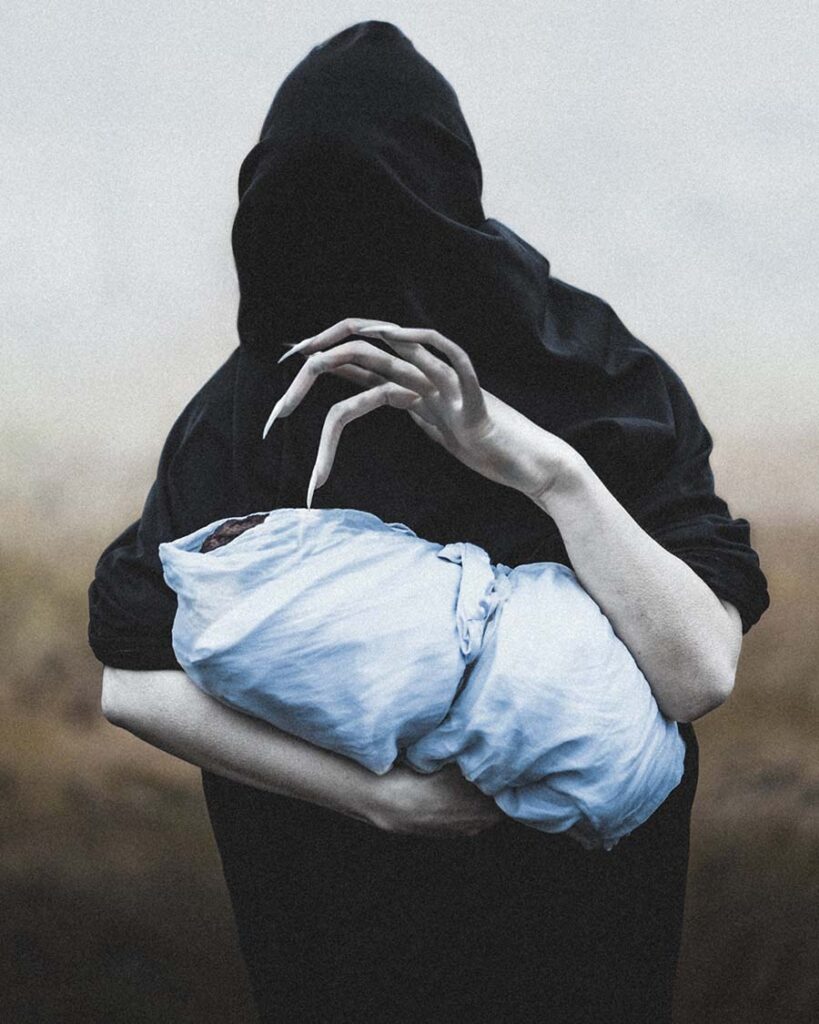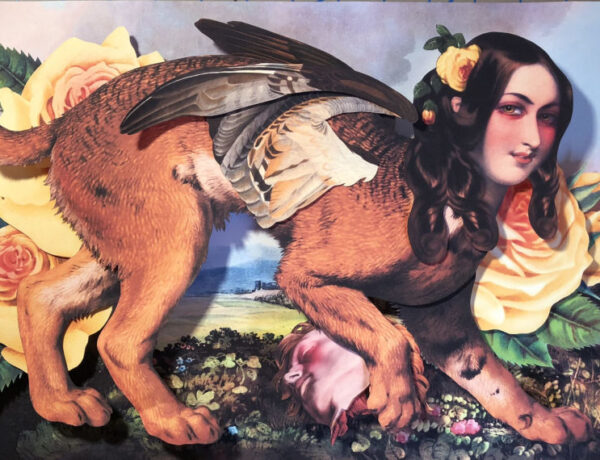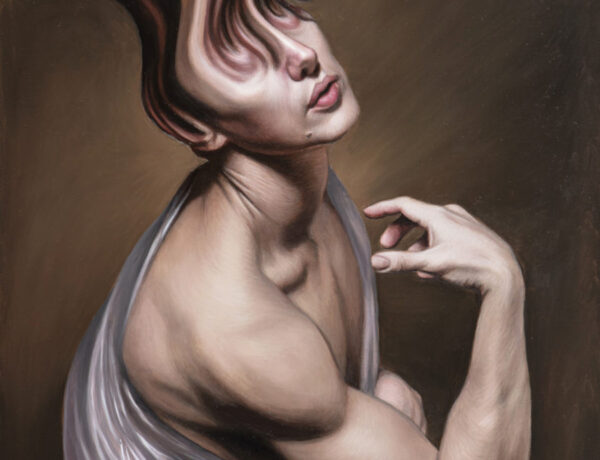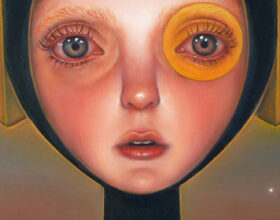The Quick Q & A editorial in Beautiful Bizarre Magazine is a much loved regular feature, in which we ask 6 artists the same 4 questions. In the March 2019 Issue 24 these were the Quick Q & A questions:
- What ideas are you currently exploring in your work?
- How does contemporary always “plugged in” culture influence your work?
- What are the things you wish you knew when you started out as an artist?
- Tell us about an important life moment that influenced the direction of your work, and how.
We feel that the artists’ responses provide such a valuable insight for our community of artists that we wanted to share one Quick Q & A response from each issue with you, going forward. The March 2019 Issue 24 print issue is sold out, but you can download the digital magazine via our webstore to read more. To ensure you never miss an issue again, you can also subscribe to Beautiful Bizarre Magazine, and have each issue sent straight to your door each quarter.
Excerpt from Issue 24 // March 2019 Quick Q & A editorial: Artists Justin O’Neal, Jon Ching, Vipoo, Lukifer Aurelius, Alexander Jansson, and Amy Rose Haslehurst respond to the below Quick Q & A:
What are the things you wish you knew when you started out as an artist?
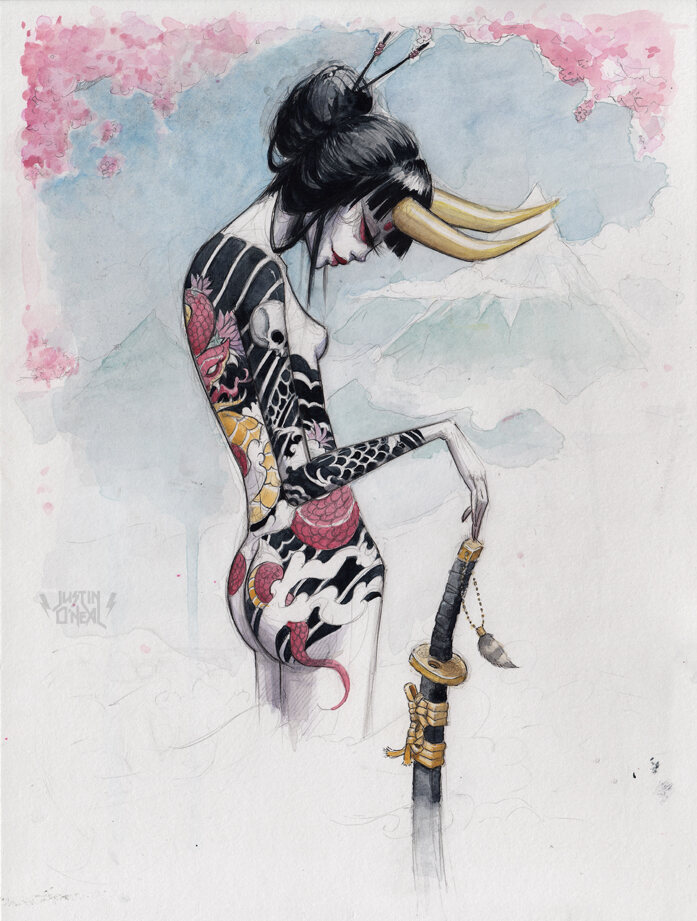
“There are a lot of things that I wish I’d known, and a lot of things that I wish I knew now but still haven’t figured out. Other than a couple of high school art classes I’m self-taught, so there’s been a lot of trial and error. The biggest thing is that I wish I’d experimented more with different media when starting out. There are so many different ways of creating art, but it can be very easy to get stuck in your own methods. I also wish I’d known that I would, in fact, be able to make a living as an artist eventually. My family and friends always believed I could, but I spent a lot of time worrying that it was impossible.”
“When I first started out I thought that as long as I worked hard and made solid work I’d somehow be discovered, and that would be that. The truth is that creating the artwork is just the beginning of the job and that, for most people, gaining opportunities to show and sell artwork requires a lot of personal effort and investment. In the same vein, I think my youthful optimism and drive made me want immediate results and I wish I knew earlier that it’s the long game that counts. Having this perspective helps to get through temporary moments of rejection and failure, which allows me more space to appreciate and be thankful for what I have rather than what I didn’t just get.”
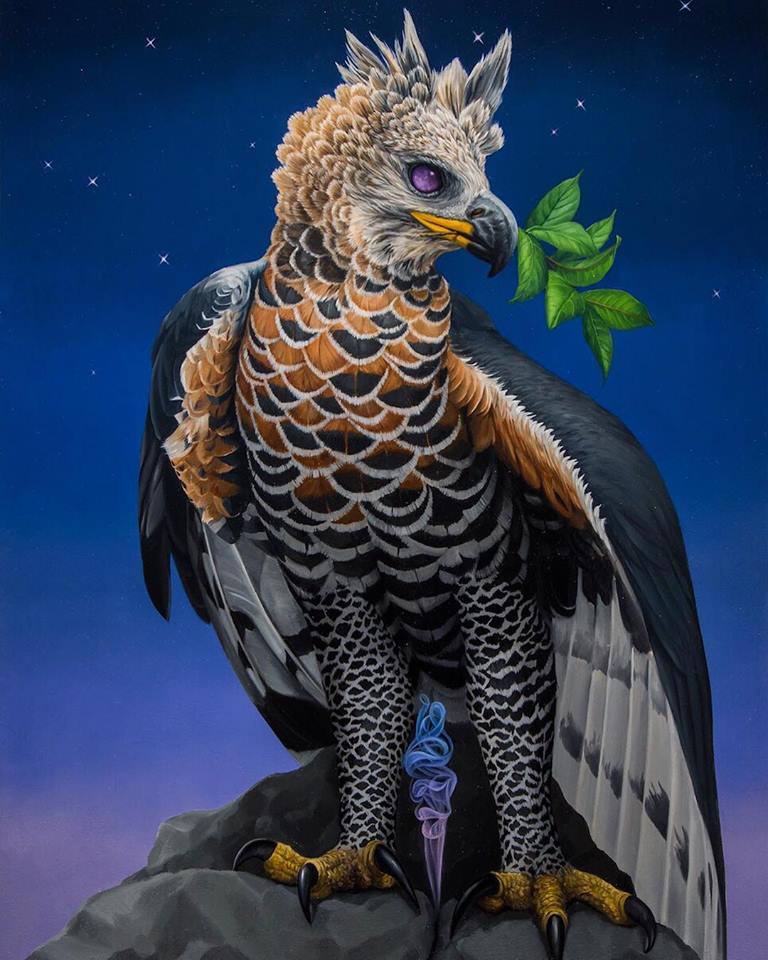
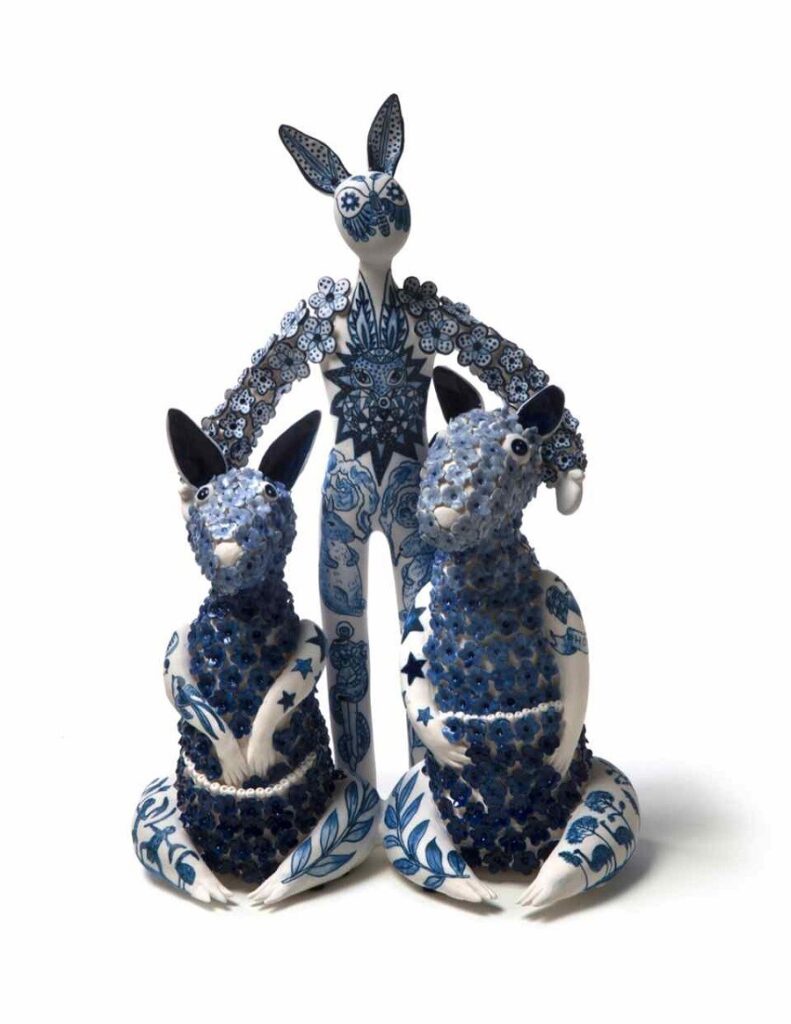
“I wish I knew that I should have started my Instagram account a lot sooner. I wish I knew that I can also paint! I wish I knew that I should be more experimental. I wish I knew that having my own studio is best for my practice and that it is not lonely to work alone! I wish I knew that writing plays an important part of presenting my work. I wish I knew that packing and shipping ceramic work is one of the most difficult parts of my practice… and I wish I knew that getting an accountant and bookkeeper would help me save a lot of time and money, not to mention stress and headaches!”
“That’s a tough one, as I don’t really know exactly when I would say I started out, and I still often feel like I’m starting out now. Maybe I would have advanced faster if I hadn’t held ‘technical skill’ and ‘creative flow’ as necessarily conflicting opposites. It took me a while to realise that, for the kind of work I need to create, embracing the technical side of things (say in regard to form and light and colour) actually enhanced what my creative flow could do. Understanding certain rules means that the creative impulse can own them and express through them. I think a lot of us have to continually struggle to find an ideal balance between those two, and it often seems to shift.”
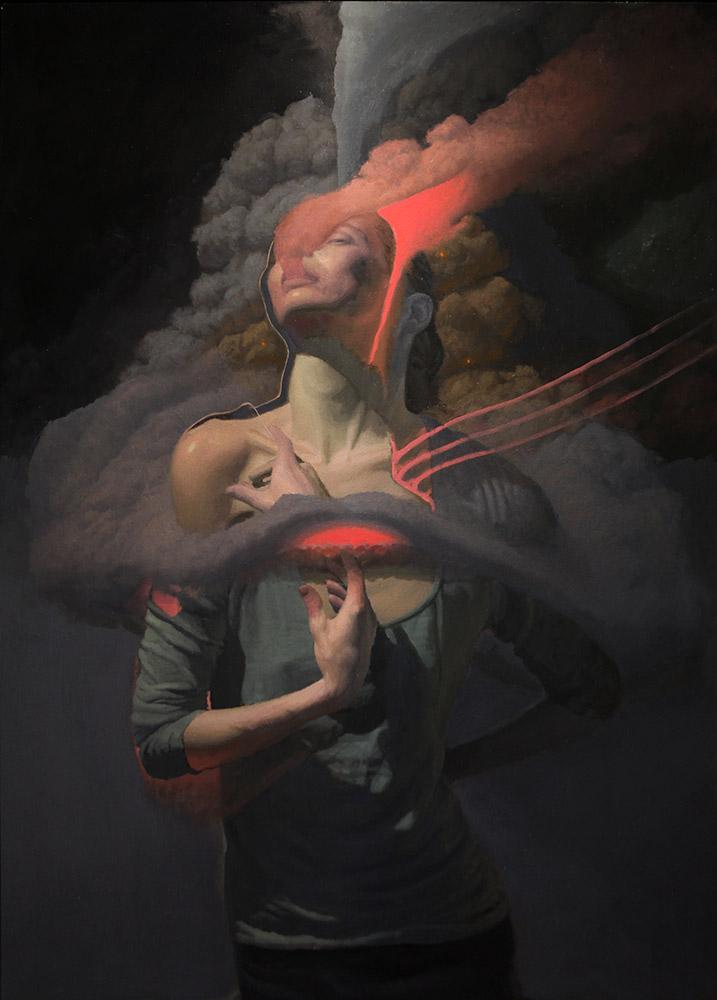
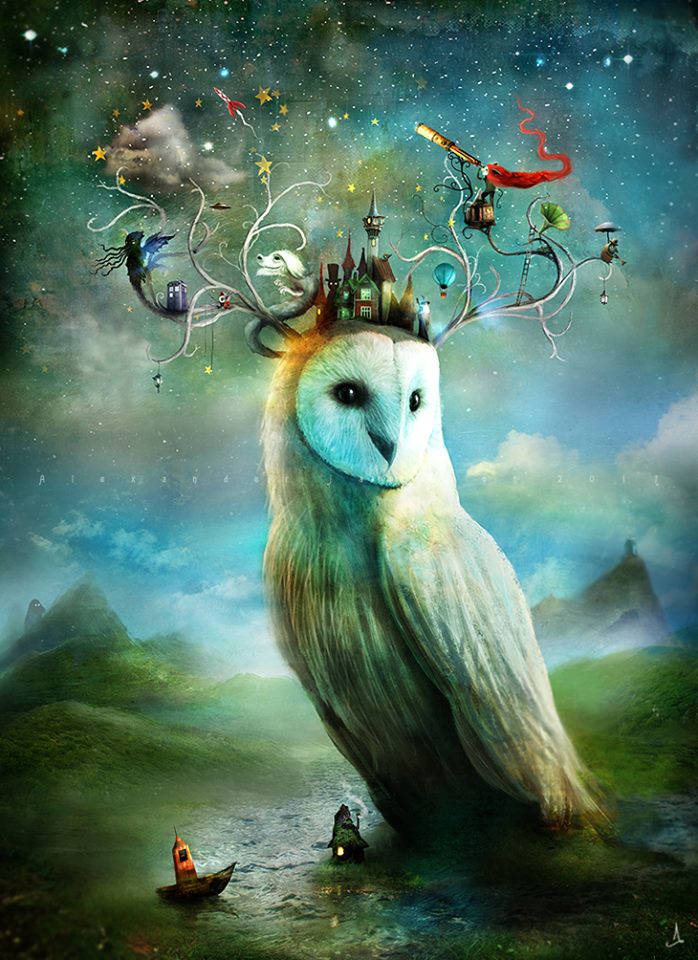
“The importance of balance. I used to have no clue about balance and I’m really not sure if I have that understanding even now, but I am trying. In a way I am always on the hunt for that working balance between colour, shape and expression (but then again, tiny stuff that messes up the balance can also be very nice). I also wish that I knew then how liberating it is to relax and to let go, to see what happens when you just go with the flow, what comes through when you work intuitively and stop following the “rules”. I believe now that I was doing the opposite to that in the beginning of my career.”
“I wish I understood the importance of documenting and backing up my work. When I started out I was so fixated on the visual aspect and my process was very sporadic. I ended up losing work due to broken drives and stolen equipment. I also wish I knew to take more care in organising and titling my work, simply to be able to locate where files are easily. Although it isn’t much fun to do, I would urge any artist to take care in documentation – photographing all of their physical work to keep on file and backing up multiple times. Noticing this and altering the behaviour as soon as you can is really beneficial.”
